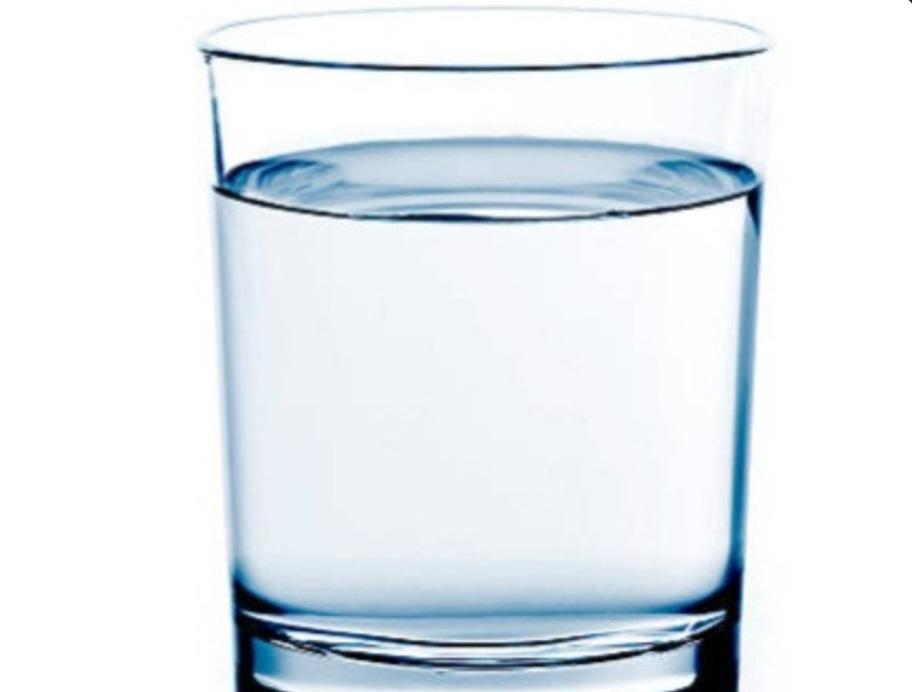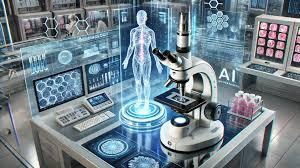THE IMPORTANCE OF DRINKING ENOUGH WATER.

The Importance of Drinking Water for the Body
Water is a compulsory component of life, making up about 60% of the human body. It is involved in numerous physiological processes and plays a crucial role in maintaining health and well-being. However, many people overlook the significance of staying adequately hydrated.
This article explores the importance of drinking water, its benefits, and tips to ensure you consume enough water daily.
What Is Hydration?
Hydration refers to the process of providing adequate fluids to the body. Water is vital for various bodily functions, including digestion, absorption of nutrients, temperature regulation, and waste elimination. Despite its importance, many individuals do not drink enough water, leading to dehydration, which can have serious health consequences.
Why You Must Drink Water.
1. Supports Vital Body Functions
Water is crucial for maintaining vital bodily functions. Water is vital for:
- Digestion: Water aids in the digestion of food and the absorption of nutrients. It helps break down food so that your body can absorb the nutrients effectively.
- Circulation:Blood is primarily composed of water. Proper hydration ensures that blood can circulate efficiently, delivering oxygen and nutrients to cells and removing waste products.
- Temperature Regulation:Sweating is the body’s primary method of cooling down. Adequate hydration ensures that your body can sweat effectively to regulate temperature.
2. Enhances Physical Performance
For those who engage in physical activities, staying hydrated is crucial. Dehydration can lead to reduced endurance, increased fatigue, and diminished coordination. Drinking enough water can enhance performance, allowing you to exercise longer and more effectively.
3. Promotes Healthy Skin
Water plays a significant role in maintaining skin health. Proper hydration helps keep the skin moist and may reduce the appearance of wrinkles and dryness. Drinking water can also help flush out toxins, leading to clearer skin.
4. Aids in Weight Management
Drinking water can aid in weight management. It can act as an appetite suppressant, making you feel fuller and reducing overall calorie intake. Moreover, replacing sugary beverages with water can decrease calorie consumption and contribute to weight loss.
5. Supports Kidney Function
The kidneys play a vital role in filtering waste from the blood. Adequate water intake helps the kidneys function efficiently by diluting waste products and facilitating their elimination through urine. Dehydration can lead to kidney stones and other related issues.
6. Enhances Brain Function
Staying hydrated is essential for optimal brain function. A mild dehydration can impair concentration, memory, and mood. Drinking enough water can improve cognitive performance and overall mental well-being and effectiveness.
Symptoms of Dehydration
Recognizing the signs of dehydration is crucial for maintaining health. Common symptoms include:
- Thirst
- Dry mouth and throat
- Fatigue
- Dizziness or lightheadedness
- Dark yellow urine
- Confusion or irritability
If you experience any of these symptoms, it’s important to increase your water intake, however, if any of the symptoms persist it's better to seek medical advice from a competent medical doctor.
How Much Water Should You Drink?
The amount of water needed varies based on factors such as age, gender, activity level, and climate. The hotter the weather, the more water the body needs. A common guideline is to drink at least 3-5 liters of water a day.However, individual needs may vary, so it’s essential to listen to your body and adjust your intake accordingly.
Factors Affecting Hydration Needs
- Physical Activity: Increased physical activity leads to more fluid loss through sweat, necessitating higher water intake.
- Climate:Hot and humid weather can increase sweat production, requiring more fluids to stay hydrated.
- Health Conditions:Certain medical conditions, such as fever, diarrhea, or urinary tract infections, may increase the need for water.
- Pregnancy andBreastfeeding: Pregnant and breastfeeding women require additional fluids to support their health and the health of their babies.
Tips for Staying Hydrated.
A]. Carry a Water Bottle
Carrying a reusable water bottle makes it convenient to sip water throughout the day. Having water readily available encourages regular consumption.
B]. Set Reminders
Setting reminders on your phone or using hydration apps can help you remember to drink water regularly, especially if you tend to forget.
C]. Infuse Water with Flavor
If plain water doesn’t appeal to you, try infusing it with fruits, herbs, or vegetables. Adding slices of lemon, cucumber, or mint can make drinking water more enjoyable.
D]. Eat Water-Rich Foods
Incorporate foods with high water content into your diet, such as fruits (watermelon, oranges) and vegetables (cucumbers, lettuce). These can contribute to your overall hydration.
E]. Monitor Urine Color
A simple way to check your hydration status is by monitoring the color of your urine. Light yellow urine typically indicates proper hydration, while dark yellow urine may be a sign of dehydration.
Conclusion
Drinking water is fundamental to maintaining good health and supporting bodily functions. From enhancing physical performance to promoting healthy skin, the benefits of staying hydrated are numerous. By being mindful of your water intake and recognizing the signs of dehydration, you can ensure that you remain healthy and energized. The key to optimal health lies in the simple act of drinking enough water daily.
Is the article meaningful to you.? Kindly Comment.








